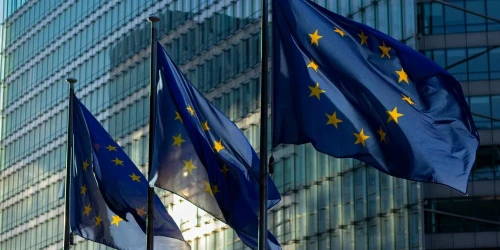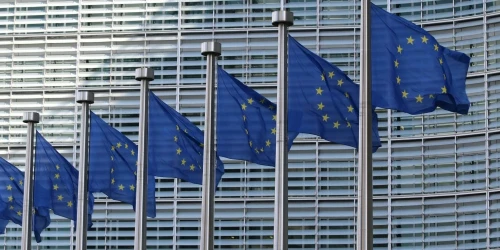USA's Brazilian Meat Embargo Mounts Pressure on EU & UK Authorities to Close Food Safety Gaps
27 June 2017

Last weeks announcement of a US ban on meat imports from Brazil dealt a crippling blow to the developing countrys economy and the global supply and demand of meat and poultry.
The ban is the result of a Brazilian meat inquest which found that fraudulent practices had exposed consumers to rotten, contaminated or generally unsanitary meat products. The task for regulatory bodies now is how to close the gaps which leave our marketplace open to products that pose significant danger to consumers.
In March this year, the USA joined Japan, Switzerland, the EU, Canada and Peru in imposing restrictions on Brazilian meat imports in March, and undertook a program of stringent checks on incoming products.
Since the end of March, the Food Safety and Inspection Service refused entry to 11% of Brazilian fresh beef products, a figure substantially higher than the 1% of shipments from other countries that are rejected.
“A total of 860,000 kg (1.9 million pounds) of Brazilian meat products over ‘public health concerns, sanitary conditions, and animal health issues’,” reports BBC United Kingdom.
The US has now imposed a complete ban on imports from Brazil while the EU remains open to all but specific cutting houses, a situation that not all member nations agree with.
According to Irish Times, the Irish Farmers Association want Brazilian beef removed from EU trade deals with Mercosur, the South American trading bloc which includes Brazil.
The IFA claims that Mercosur consistently fails to meet EU standards on key issues of traceability, animal health, welfare controls - such as the ban on hormone growth promoters – and environmental controls.
At a time when food fraud is set only to proliferate in a climate of regulatory instability, the EU is attempting to clamp down on the growing economic and safety issue with standardisation of rules.
Lexology reports that the European Commission has adopted the new Official Controls Regulation (EU) No 2017/625 (OCR) to help tackle the growing phenomenon of food fraud. With a fundamental aim of improving food traceability and restoring customer trust of entire agri-food chain, the escalating food safety concerns around imported meats have put Brazilian meats on the European Union’s regulatory radar.
A monthly report by the Joint Research Centre found that meat and fish were the two categories of food which were most frequently subjected to food fraud in May of this year. This comes as no surprise due to the high cost of these products making them a target and statistics from Oceana’s seafood fraud report which found 25% of some 25,000 seafood samples were mislabelled.
Food fraud is usually economically-motivated, but can have far greater consequences than a money-making scam. False labelling can mean that storage guidelines for keeping foods safe for human consumption are not followed, allergen advice is inaccurate and the risk of contamination skyrockets.
With Brexit negotiations underway and global meat supply in potential disarray, experts and commentators will be monitoring the food industry closely in the coming months as this period of instability runs its course.









